Hydraulic fluid cleanliness is crucial for hydraulic systems’ reliable operation and longevity. However, while filtration is critical in keeping hydraulic fluid clean, it is not the only factor that impacts fluid cleanliness. This article will discuss some tips to ensure hydraulic fluid cleanliness aside from the obvious filtration itself.
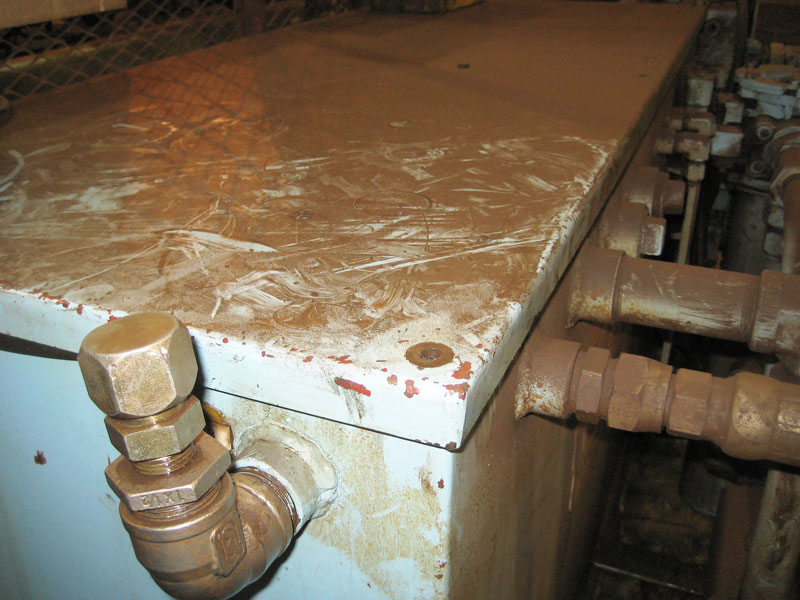
One of the most important steps you can take to ensure hydraulic fluid cleanliness is to prevent contamination in the first place. Contamination often occurs when adding new fluid, transferring fluid between systems, or performing maintenance on hydraulic components. Therefore, using clean containers and equipment and following proper procedures when adding or changing hydraulic fluid is essential. Using dedicated equipment for each fluid type can also prevent cross-contamination, just in case you have multiple machine types with different fluids, such as mineral and water glycol.
Regular system maintenance is also essential for keeping hydraulic fluid clean. Over time, hydraulic systems will accumulate debris and other contaminants, which can lead to component wear and eventual system failure. To prevent this, it’s essential to perform regular system maintenance, including flushing the system periodically, replacing worn components, and cleaning reservoirs and other hydraulic system components. Although hydraulic oil should last indefinitely, even the most stringent cleanliness programs allow for the slow buildup of dirt and sludge over years of operation.
You can also ensure hydraulic fluid cleanliness by avoiding overloading the system beyond its rated capacity. Overloading a hydraulic system can cause it to generate excessive heat, leading to the breakdown of hydraulic fluid and increased force against moving parts. This excessive wear and tear on hydraulic components generate wear particles from bronze, brass, steel and other contaminants into the hydraulic fluid.
Proper storage and handling of hydraulic fluid is also crucial for ensuring fluid cleanliness. Fluid should be stored in a clean, dry, and climate-controlled environment to prevent contamination from moisture and other elements. It is also essential to avoid prolonged exposure to sunlight, which can cause fluid degradation. When handling hydraulic fluid, it is crucial to avoid spilling or splashing, as this can introduce contaminants. It’s widely known that new fluid requires filtration before use, so avoid creating additional headaches by adding unnecessary dirt and particles.
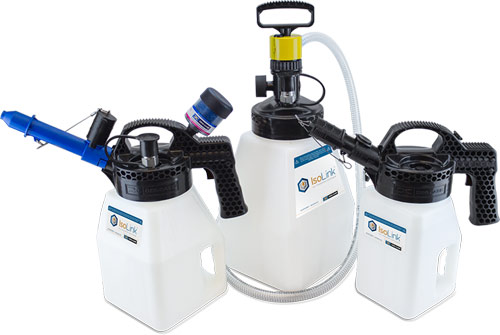
Properly trained personnel are also essential for ensuring hydraulic fluid cleanliness. Maintenance staff who work on your hydraulic systems should receive training on proper handling procedures, including using dedicated equipment, avoiding cross-contamination, and regular system maintenance. Knowing they should fill a reservoir through a closed system, such as a filter cart connected to quick couplers on the reservoir, will ensure that any oil entering your system is guaranteed clean.
Finally, something simple as high-quality hydraulic oil might surprise you to find help with fluid cleanliness. High-quality hydraulic fluid has superior lubricity, which prevents wear, and other forms of contamination, leading to longer fluid life and better system performance. In addition, choosing the correct hydraulic fluid for your system can help prevent internally-generated contamination from acting like a lapping compound and further exacerbating particle creation.
As you can see, there are several other factors to consider when preventing contamination, not just by an intelligent filter program. Contamination comes with many evil faces, so by following these tips, you can help ensure hydraulic fluid cleanliness and the prevention of unnecessary component failure.


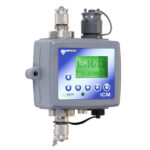
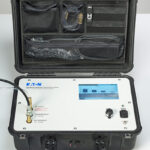

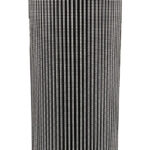


Leave a Reply